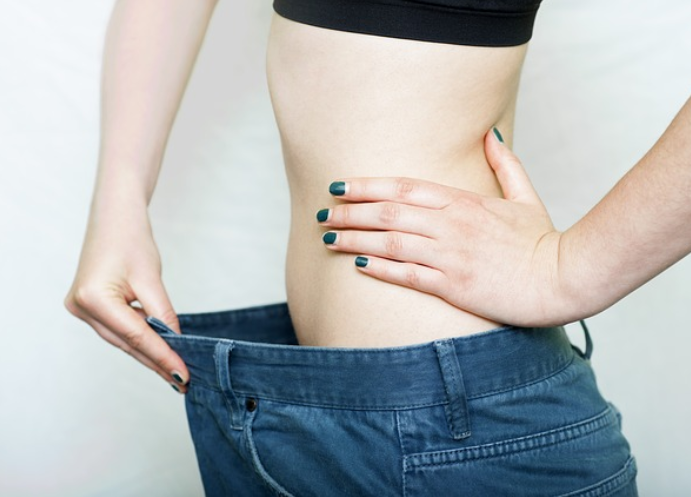This cover is awesome! Fits great and looks really nice!
Thank you for your kind words! We are thrilled to hear that our incontinence chair covers have exceeded your expectations. We strive to provide high-quality products that not only fit well but also look great. Have a wonderful day!
Thank you,
Cindy
I have tried several brands and sizes to accommodate a specific chair that my mom uses. This is the first one that was large enough to cover the chair, so the pad does not move around when she gets up.
It seems to be absorbing better than several others we have tried as well.
I will be ordering another one and would recommend to others.
Hi there,
Thank you for taking the time to leave a review for our Incontinence Throws. We're so glad to hear that it's the best one you've tried and that it's working well for your mom's specific chair. We appreciate your recommendation and we look forward to providing you with another one soon! If you need any assistance with your order, please don't hesitate to reach out.
Thank you,
Cindy
Covers our chair very nicely. Color is great. Elastic straps give a secure fit. Easy to place on chair.
Thank you for the kind review! We are thrilled to hear that our Incontinence Recliner Chair Covers & Incontinence Lift Chair Covers fit your chair nicely and that the color is great. We are also glad to know that the elastic straps provide a secure fit and that placing the cover on the chair is easy. We appreciate your feedback and hope you continue to enjoy using our product. Thank you for choosing our brand!
Best,
Cindy
Love the product Price seems high!
Hi there,
Thank you for your feedback about our Incontinence Wheelchair Cushion Covers. We're thrilled to hear that you love the product and we greatly appreciate your support!
We understand that the price may seem high, but we assure you that our cushion covers are made with high quality materials and are proudly made in America. Your satisfaction is our top priority and we always strive to provide the best value for our customers.
Thank you again for your support and we hope to have you as a satisfied customer for many years to come.
Best,
Cindy
Customer Service Team
Great product that fits perfect on my Pride GoGo Elite scooter seat.
Thank you for taking the time to leave a review! We're so glad to hear that our Incontinence Scooter and Power Chair Cover fits perfectly on your Pride GoGo Elite scooter seat. We strive to provide high-quality products that meet the needs of our customers. Thank you for choosing our product and for your kind words. Have a great day!
Cindy


